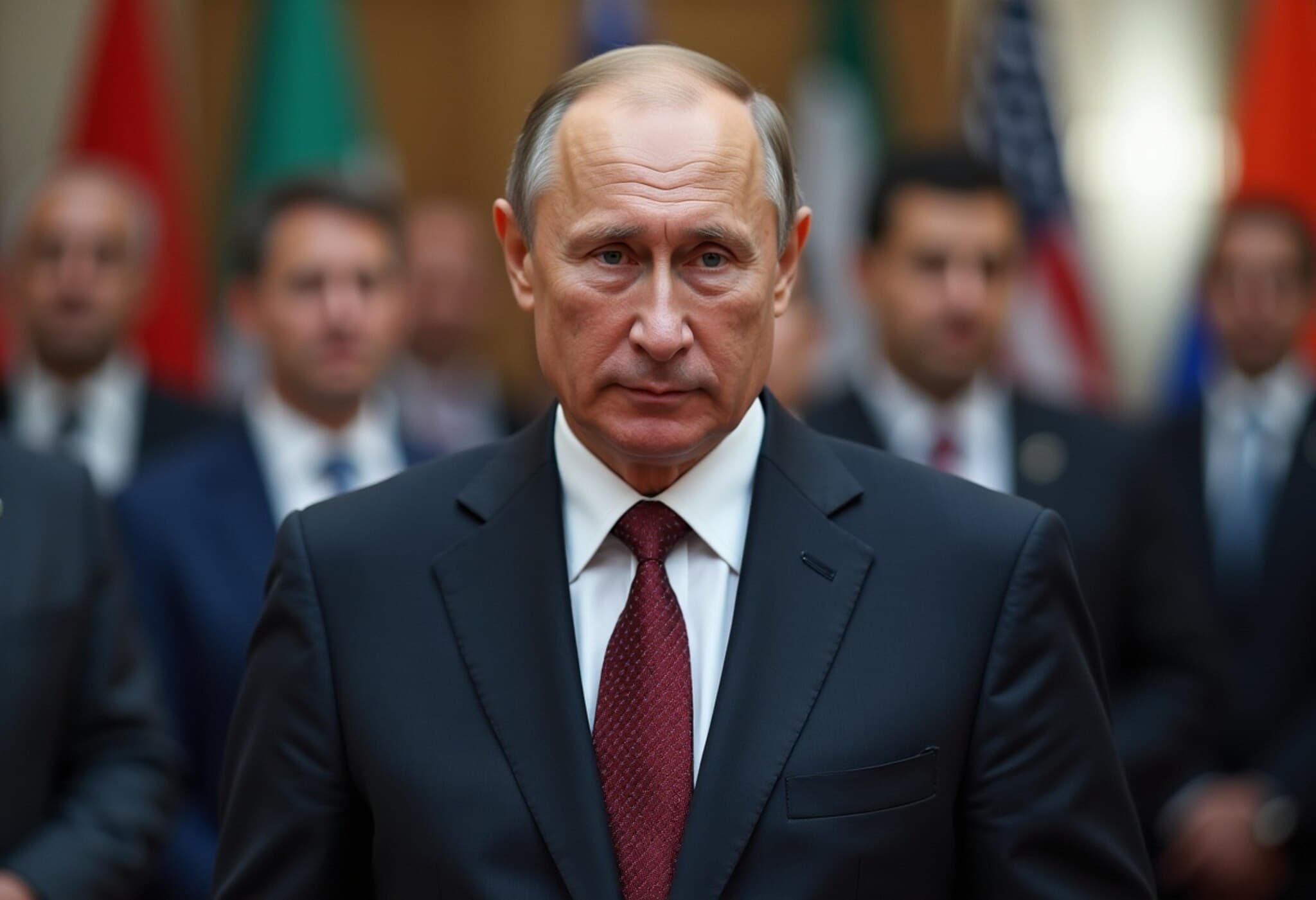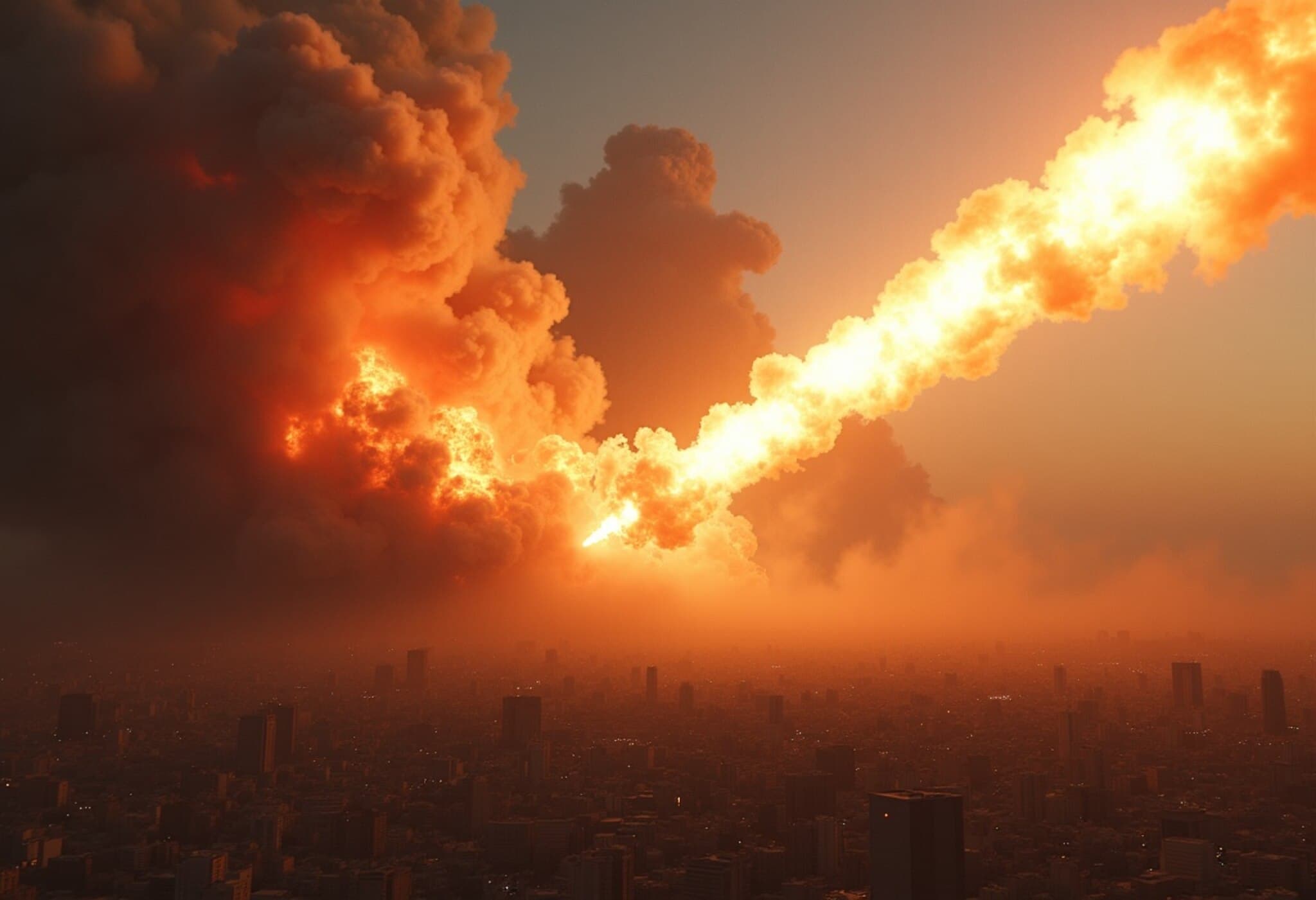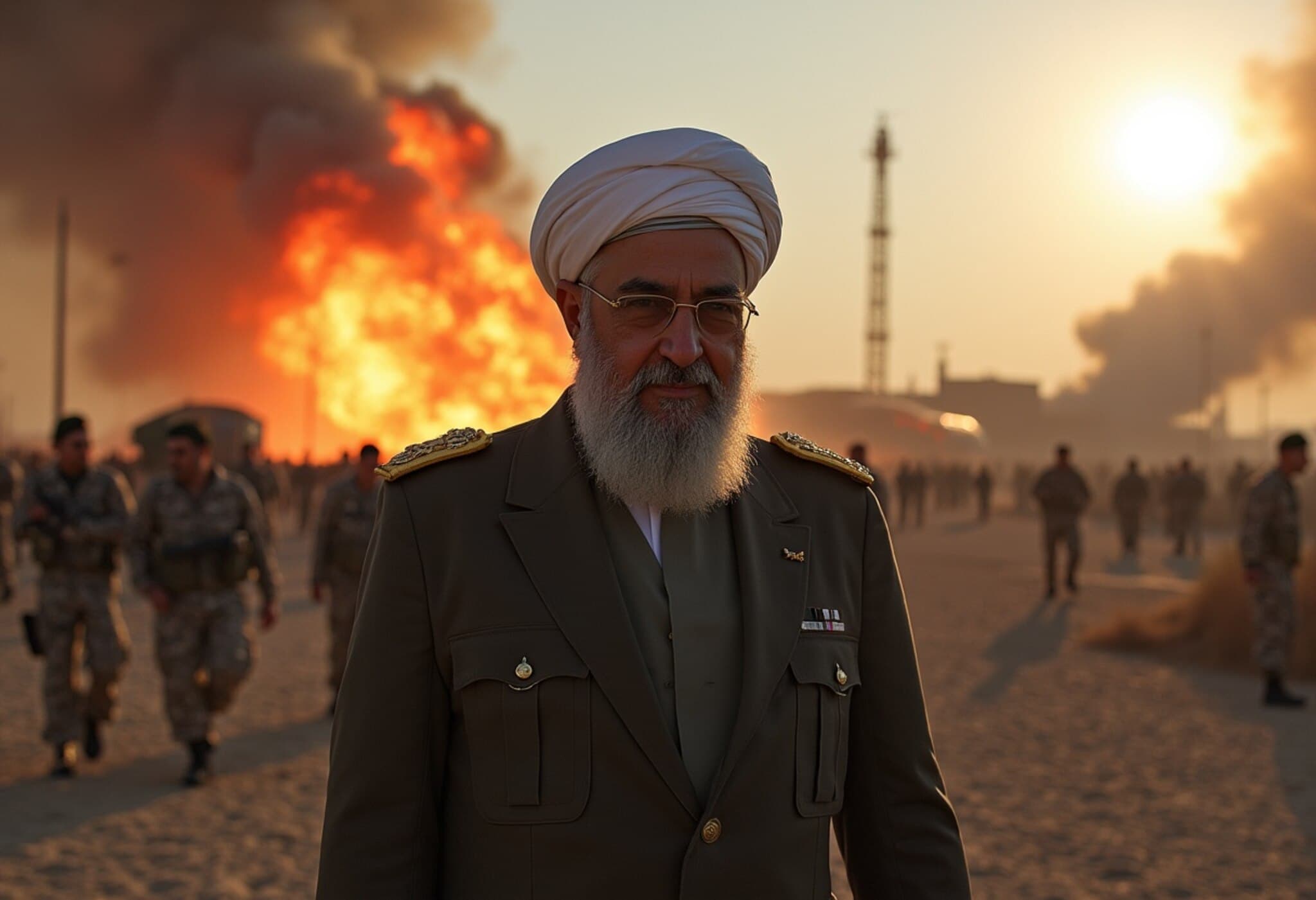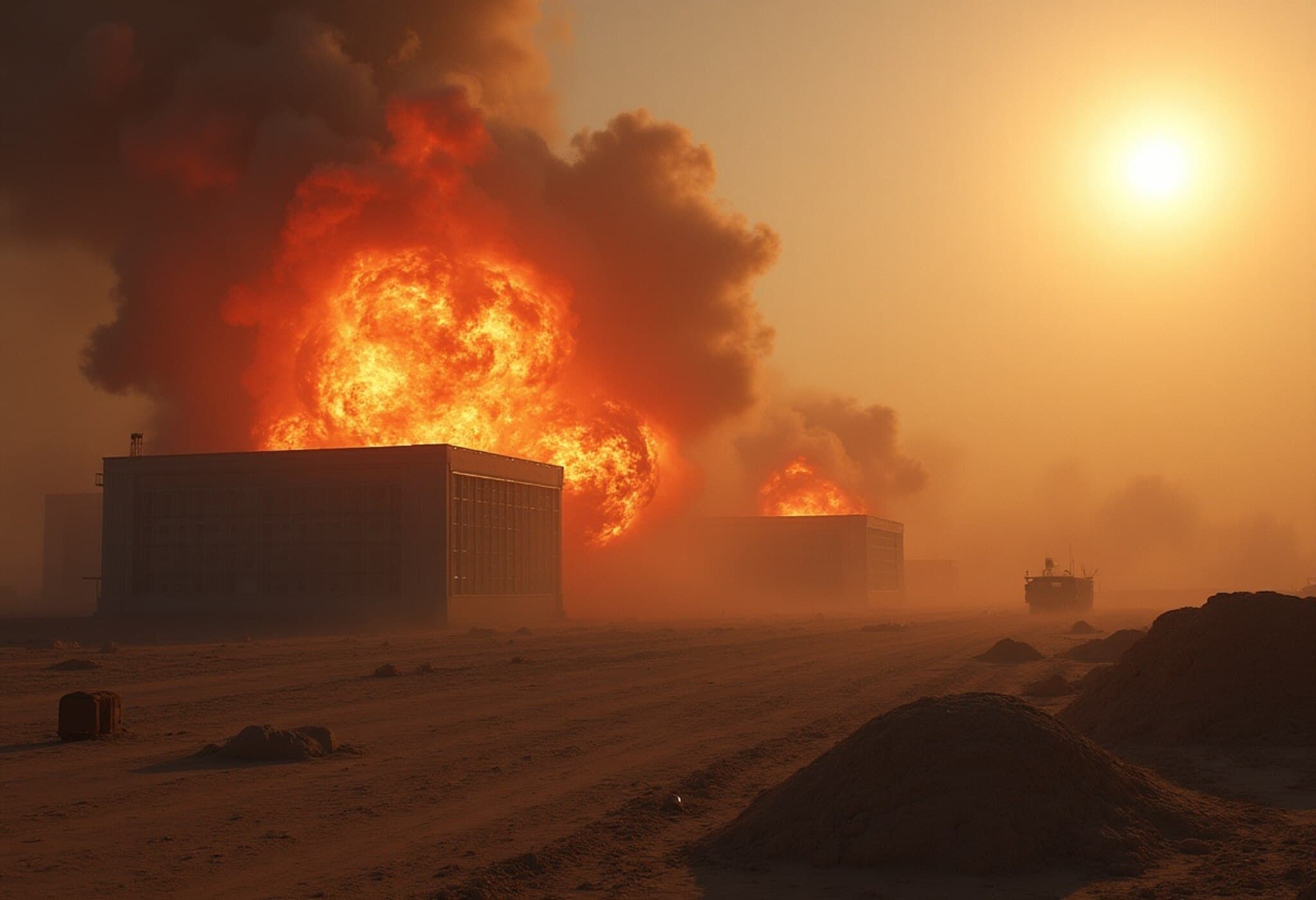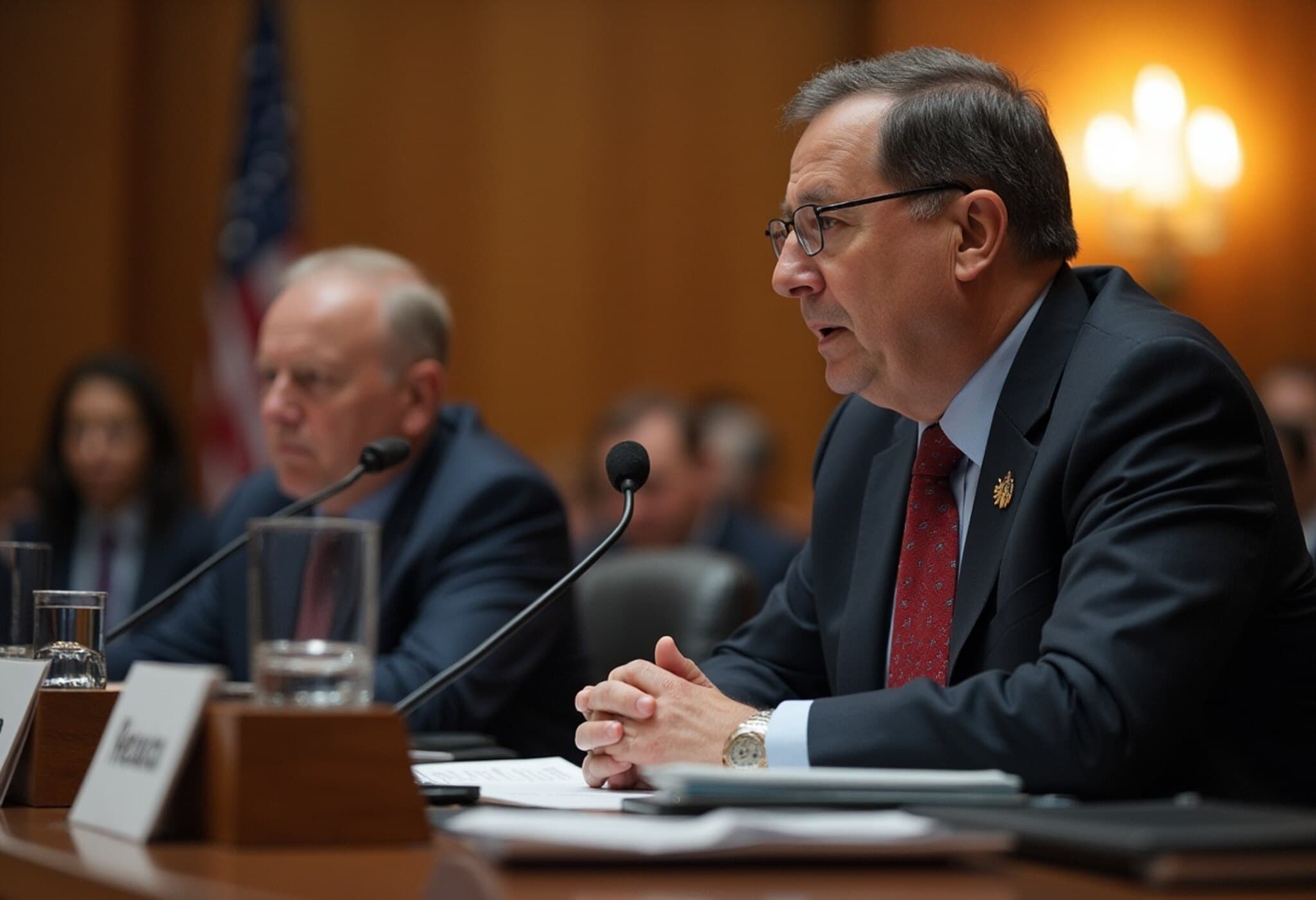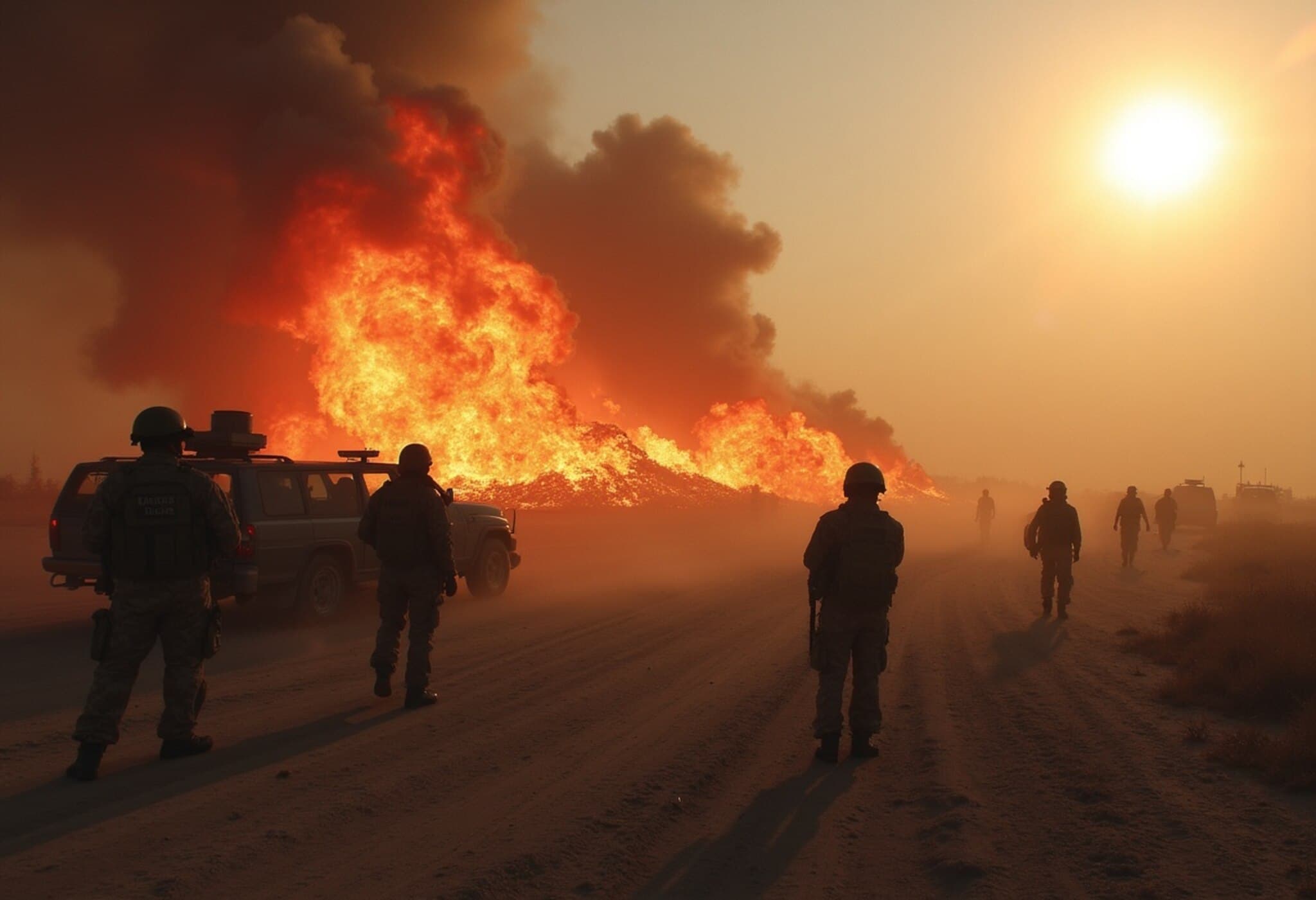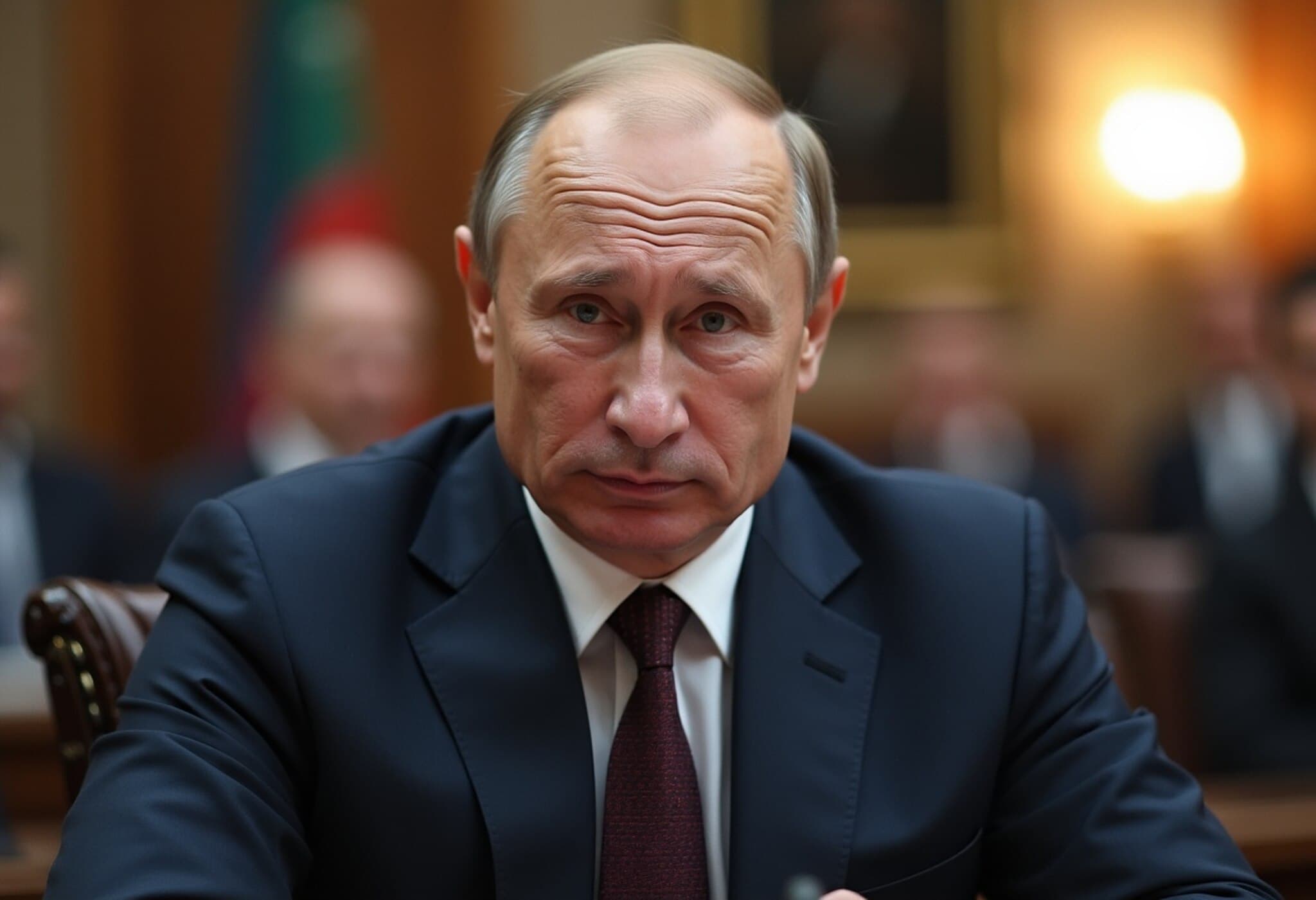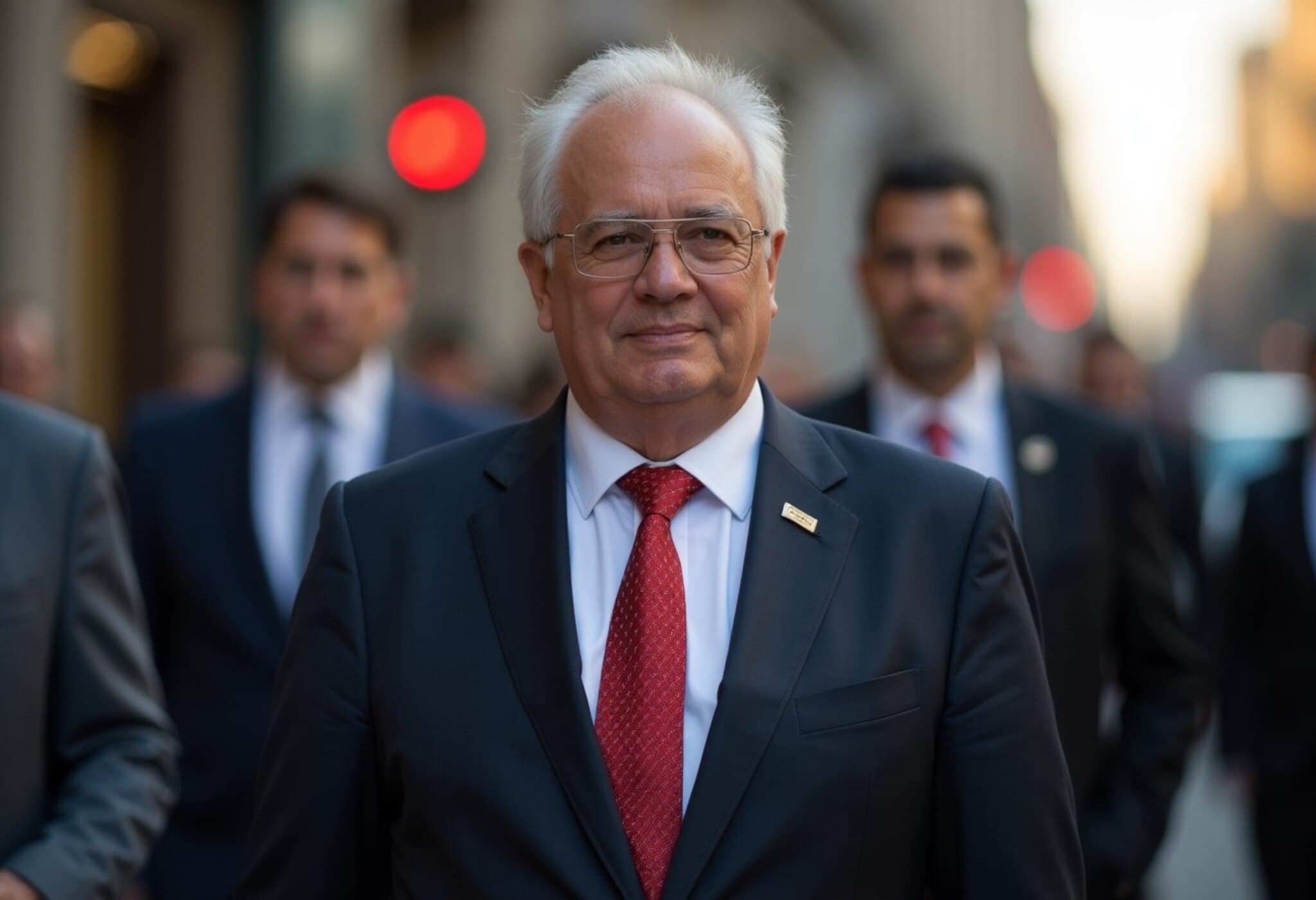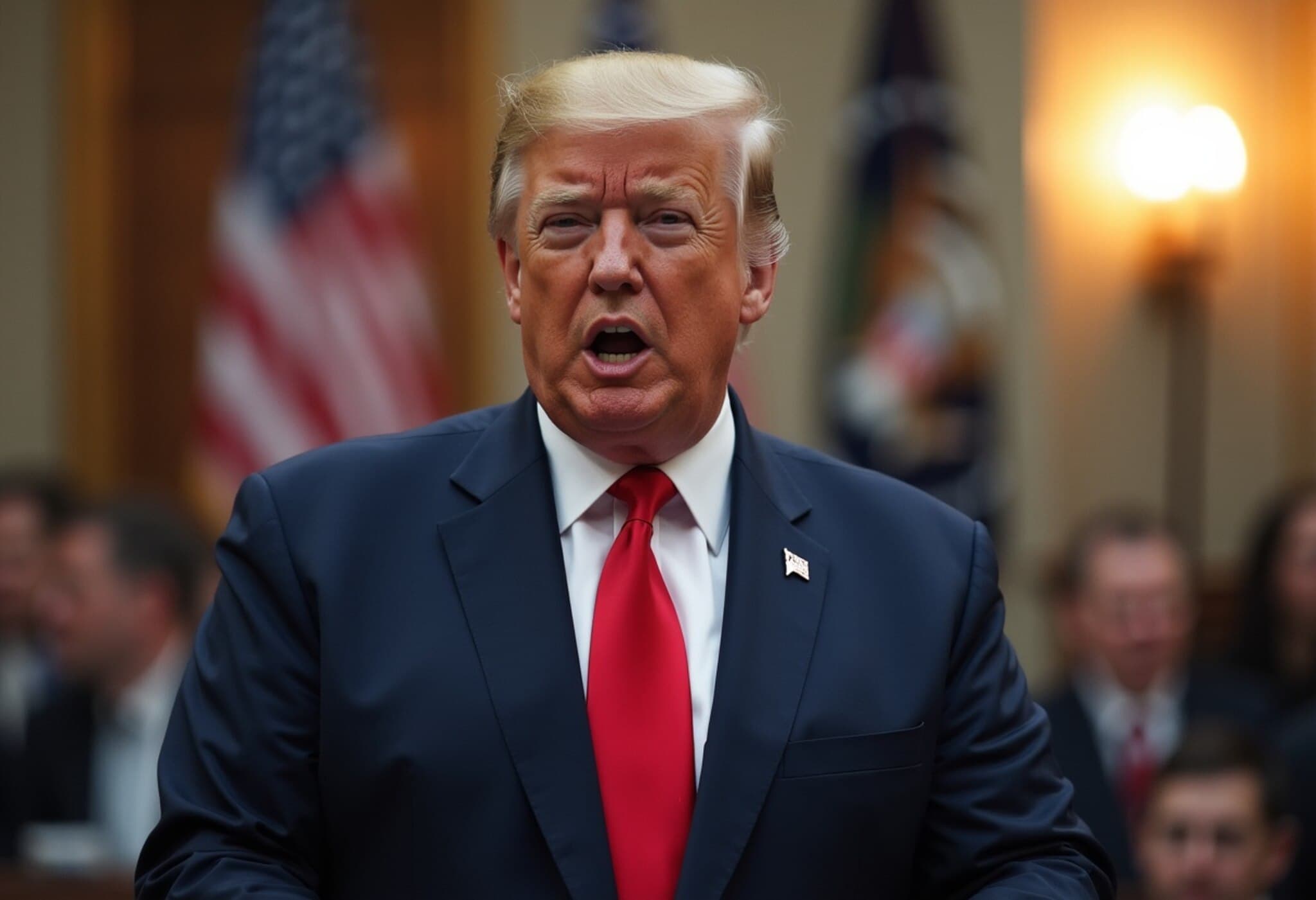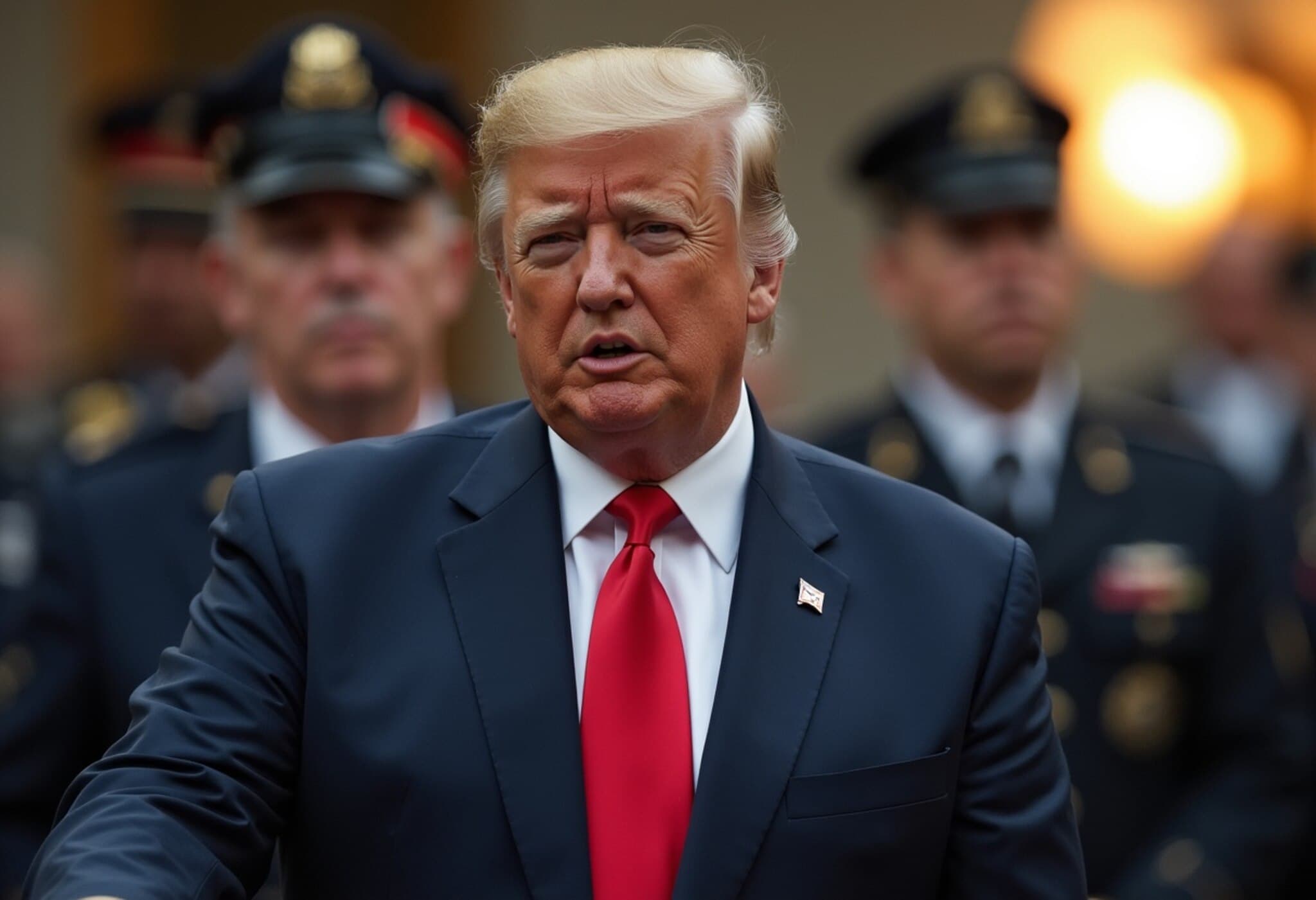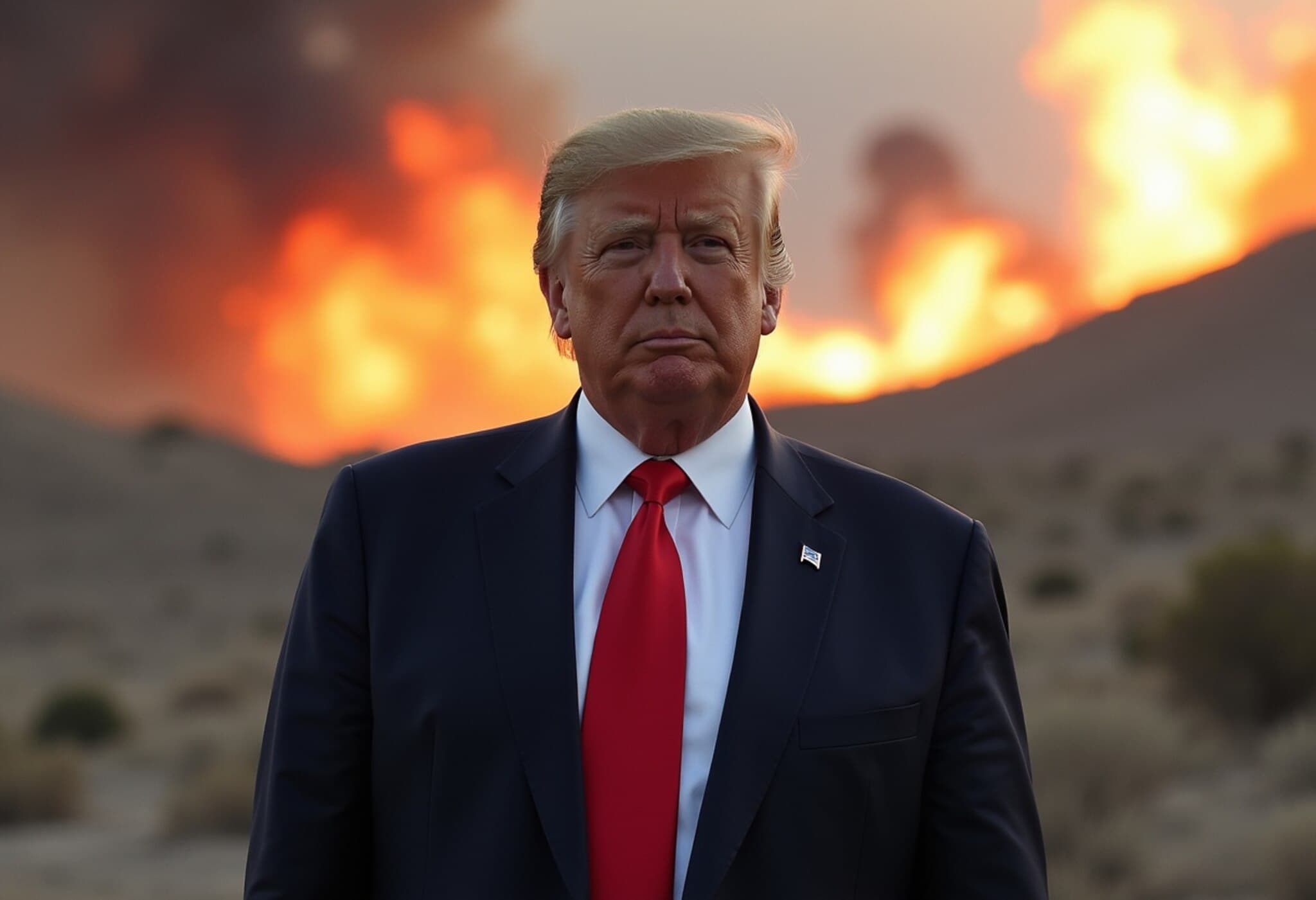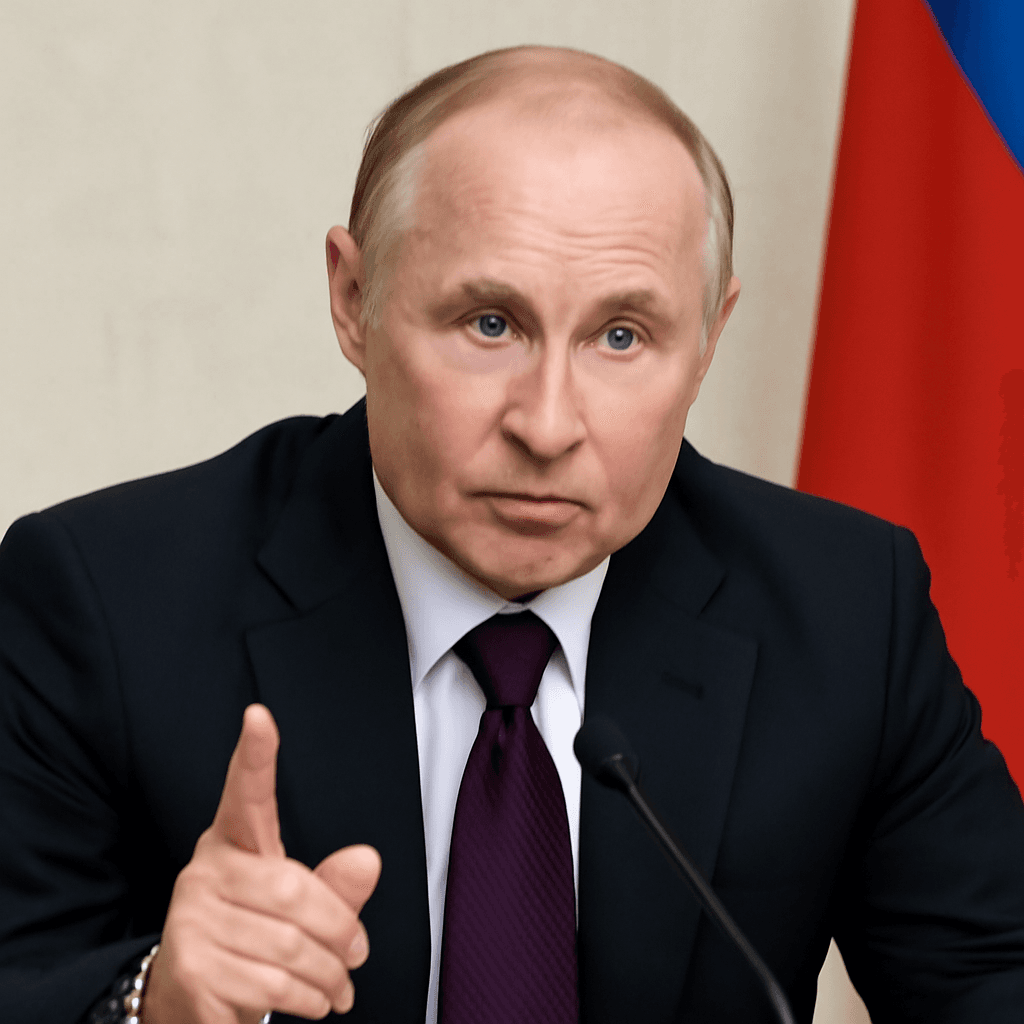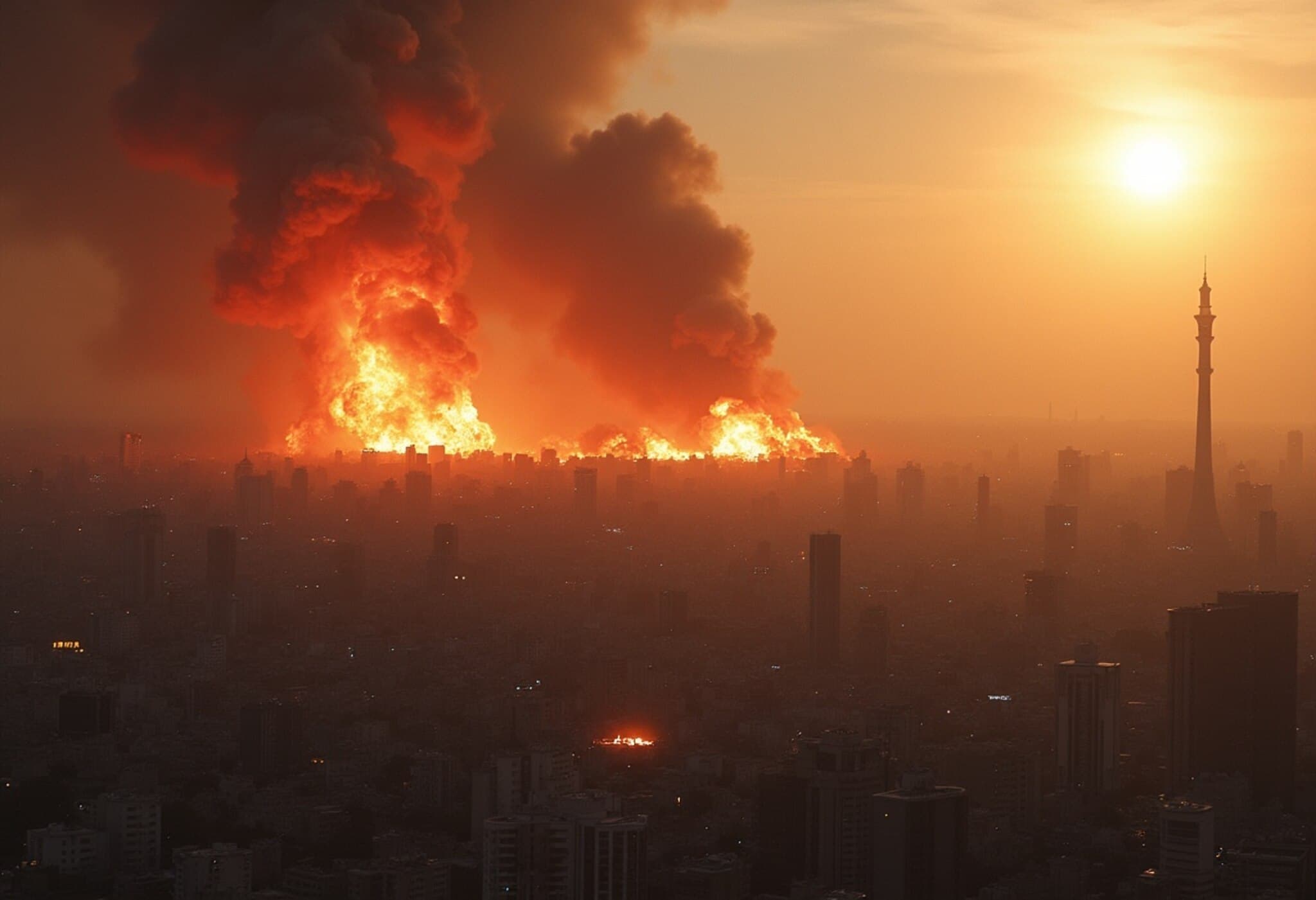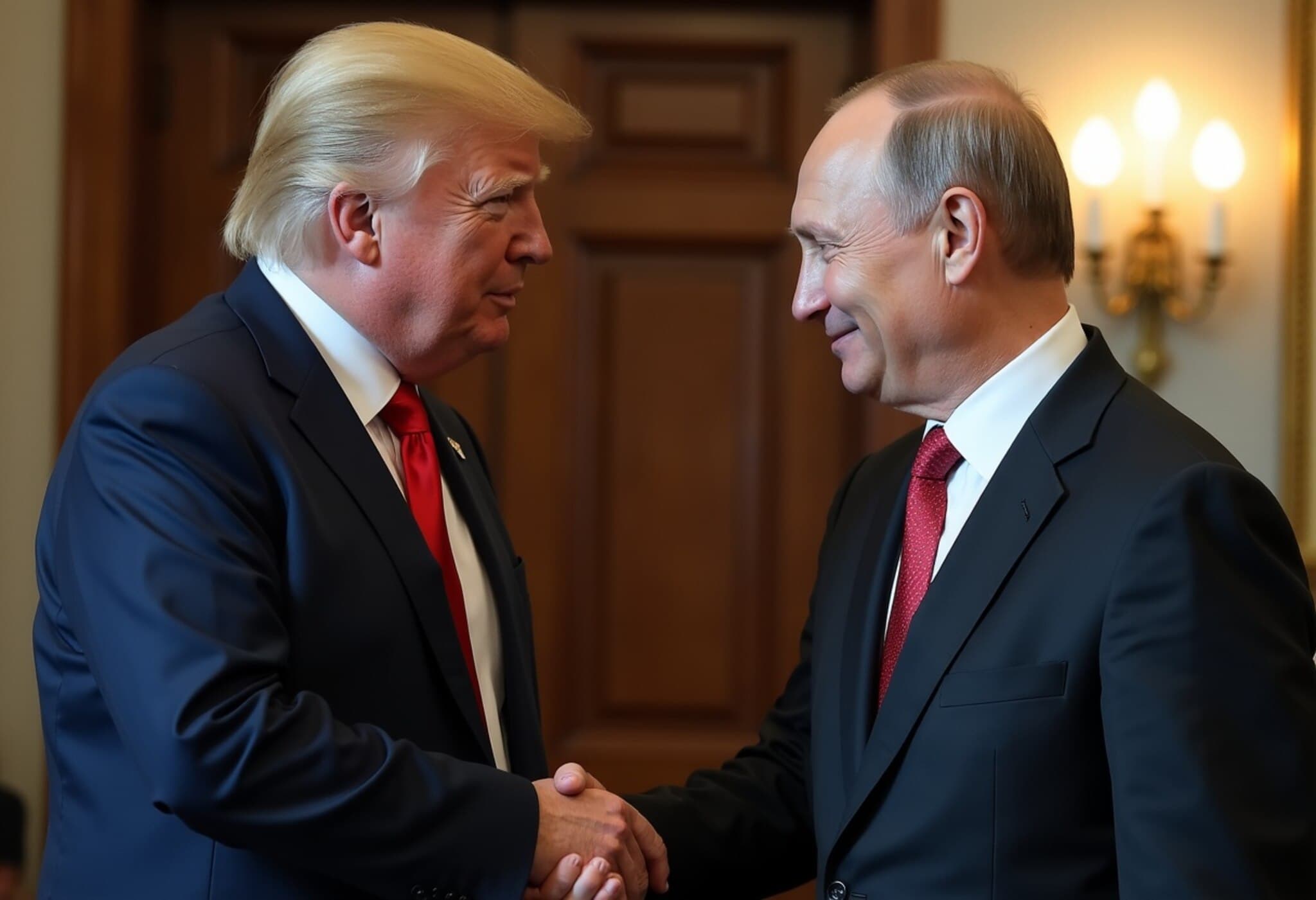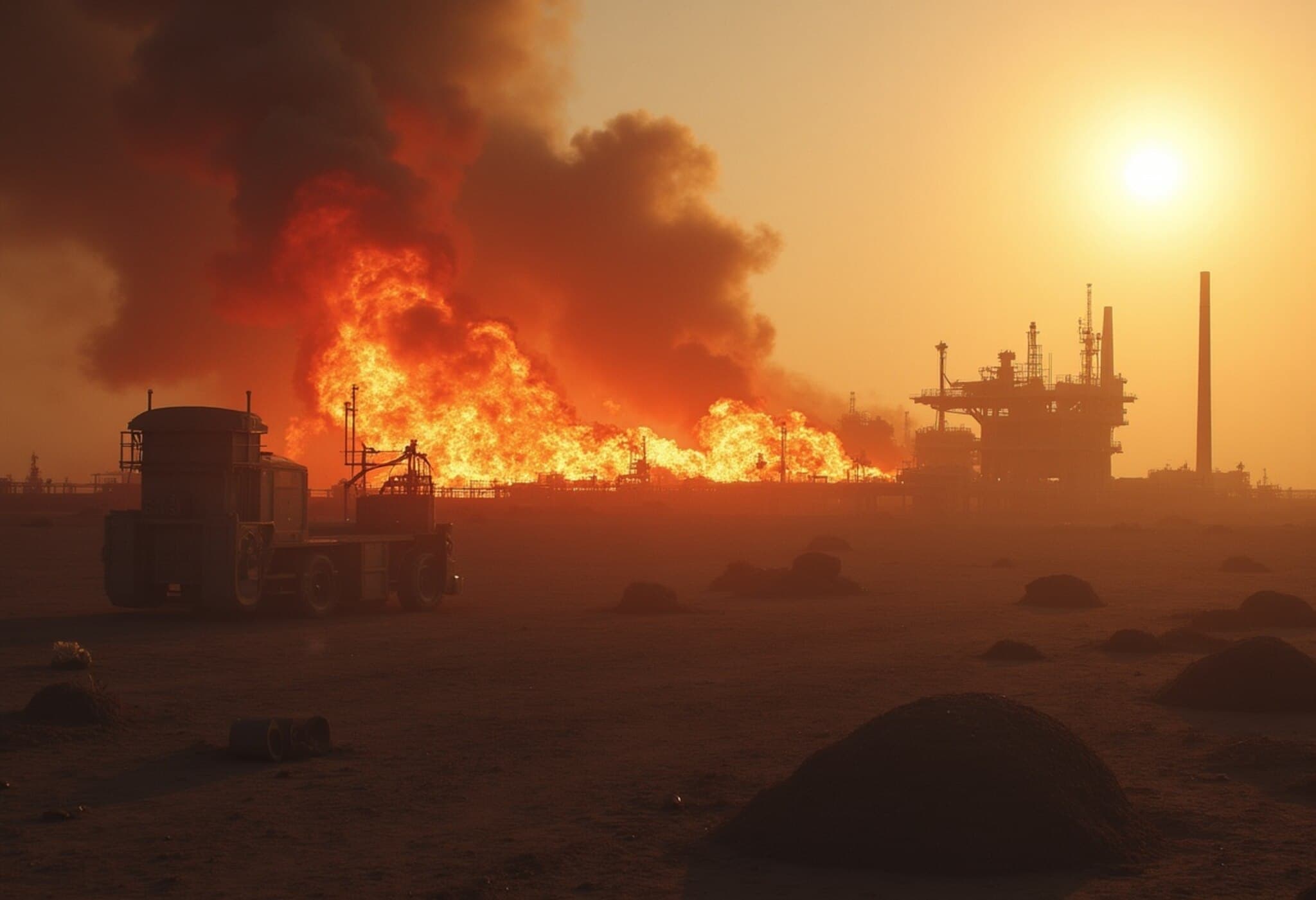Putin's Bid to Mediate Israel-Iran Conflict Raises Eyebrows
As tensions escalate between Israel and Iran, Russian President Vladimir Putin is positioning himself as a potential peacemaker on the global stage. This move comes more than three years into Russia's contentious invasion of Ukraine, amid strained relations with both the West and Israel.
Balancing Act Between Allies
Russia’s close ties with Iran, highlighted by their recent strategic partnership, complicate Moscow’s image as a neutral mediator. While Russia condemned recent Israeli strikes on Iranian targets, Putin quickly reached out to both Israeli Prime Minister Benjamin Netanyahu and Iranian President Masoud Pezeshkian, offering to facilitate dialogue and ease tensions.
Despite this, experts remain skeptical. Russia's expanding military cooperation with Tehran, coupled with its ongoing war in Ukraine, challenges the credibility of its impartiality. Moscow has been accused of indirectly supporting Iran through its military alliance and Iran’s supply of drones and missiles to Russian forces.
Geopolitical Stakes and Diplomatic Implications
- Russia-Iran Partnership: A broad strategic agreement signed earlier this year deepened military collaboration between the two countries.
- Strained Israel-Russia Relations: Russia’s invasion of Ukraine and its alignment with Iran have tested its traditionally cordial ties with Israel, home to a significant Russian-speaking population.
- Political Calculations: Securing a mediator role could help Russia reclaim influence in the Middle East, especially after the diminished sway following Syria’s regime challenges.
Analysts note that Moscow’s ambition is to appear indispensable despite international isolation caused by its aggressive actions in Ukraine. However, given its perceived bias, many see its mediation efforts as untrustworthy. European leaders, including French President Emmanuel Macron, have openly doubted Russia's suitability as a peace broker.
Mixed Reactions and the U.S. Factor
Adding to the complexity, former U.S. President Donald Trump expressed openness to Putin serving as a middleman, signaling his desire to reshape Western approaches toward Russia. This stance contrasts with the current Western consensus that detests Putin’s role in the Ukraine conflict and questions his neutrality in Middle Eastern disputes.
Meanwhile, Kremlin officials noted reluctance from Israel to engage with Russian mediation efforts, reflecting deep mistrust.
Looking Ahead: Risks and Realities
While Putin seeks to leverage the Israel-Iran conflict to boost Russia’s diplomatic relevance, many worry this could inadvertently validate Moscow’s image as a major power despite ongoing aggression in Eastern Europe. The prospect of Russia framing itself as an indispensable peacekeeper raises concerns about the balance of power and the prospects for genuine resolution in the volatile Middle East.
In the midst of global tensions, Putin’s ambitions remain a complex part of evolving international dynamics.

